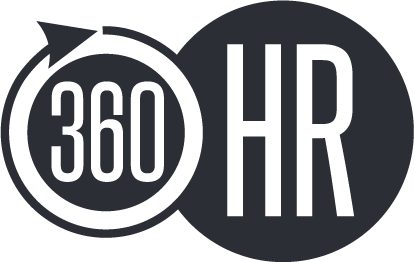If you have people working for your organisation, you require policies and procedures to be in place. Policies are written descriptions of rules and regulations for employees and employers. The procedures list the steps or the processes by which the policy is implemented.
There are company policies that are required in terms of legislation. The law determines the minimum conditions of the policies. These conditions may be exceeded but they may not conflict with the law. Policies are adapted to suit business requirements. As an organisation grows or changes, policies need to be altered and new policies may need to be introduced.
Well developed and clearly defined policies set expectations and ensure that everyone is treated fairly and equally.
When approaching the task of writing an HR policy, always bear in mind legal requirements and specific business needs.
An HR Policy need to be:
- Easy to understand (in all languages).
- Accessible to all employees (via electronic or hard copy format).
- Communicated to all employees.
- Flexible.
A designated employee or department must be responsible for updating and reviewing policies. They must be very well informed and able to communicate and explain the contents of the policies. Many organisations use external specialists to implement and review their policies and procedures. These consultants keep up-to-date with best practice and current trends.
Remember the following when implementing or reviewing an HR policy:
- Collate the information (minimise any legal risk by ensuring compliance with legislation).
- Customise the information for your organisation or industry.
- Communicate the policies to all employees and conduct training, if necessary. Employees need to know that the policies exist.
- Implement the policies.
- Review the policies regularly.
When reviewing or amending a policy, ensure that it does not conflict with any signed agreements or contracts already in place.
You may need to have policies to address cell phone use, dress codes and study assistance. I have seen a lactation accommodation policy for breast-feeding mothers!
The following policies cover the main areas for an organisation:
- Performance management
- Induction and probation
- Leave
- Sexual harassment
- Health and safety
- Grievances and disciplinary code
- Recruitment and selection
- Remuneration and salary grading
- Training and development


